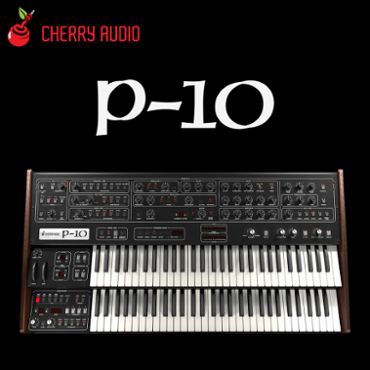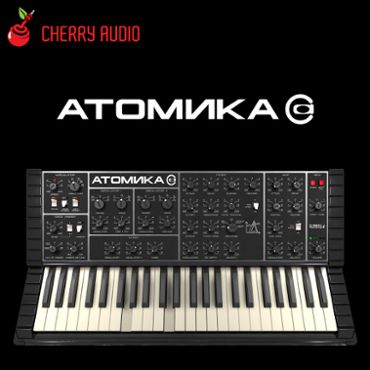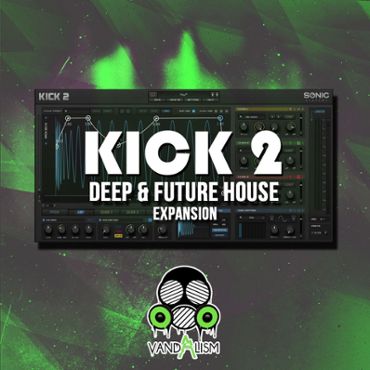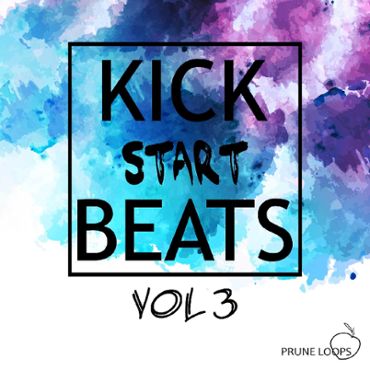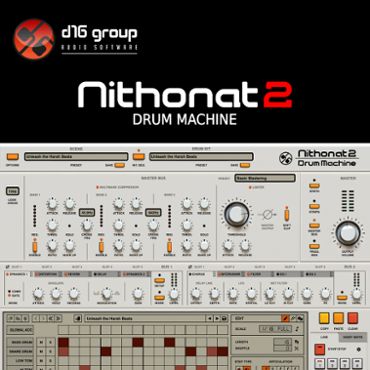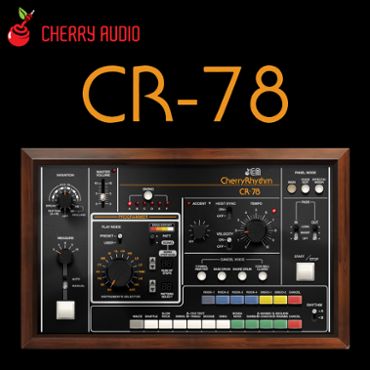
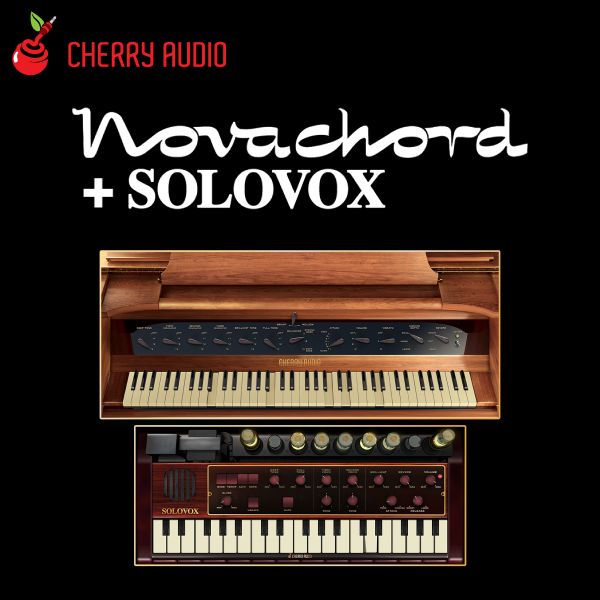
100% Royalty Free. Unlimited rights for the useage of content in a commercial environment: i.e. CD oder DVD sales, in motion pictures, or through digital downloads and streaming services. Reselling content itself (either directly or indirectly) is prohibited.
Your selection contains the following files:
- Download Instructions
The following special conditions of use apply to this license.
Two Golden Age Classics, One Low Price
The Novachord + Solovox bundle emulates two early electronic instruments that were precursors of modern synthesizers.
Novachord is based on the revolutionary polyphonic instrument from 1939, while Solovox replicates a related monophonic keyboard instrument intended to provide organ-style leads.
These exceedingly rare instruments set standards for tone generation and synthesis techniques that continue to influence today’s electronic instruments.
Notorious
Manufactured by the Hammond company from 1939 to 1942 and debuting at the World’s Fair, the Novachord contained 163 vacuum tubes and over 1,000 custom capacitors. Its divide-down oscillator architecture combined full 72-key polyphony with an early version of analog subtractive synthesis. The Novachord’s architecture predicted the ADSR envelope, utilized a resonant band-pass filter, and included a vibrato unit. These now-familiar methods resemble designs adopted decades later in Moog and ARP polyphonic synthesizers.
Despite its historical importance, the Novachord did not enjoy commercial success. Although it resembled a standard organ at a glance, the front panel controls were not well-suited to the performance techniques of organists or pianists of the period. In addition, the numerous vacuum tubes were unstable, making the 500-pound instrument challenging to maintain. Production stopped in 1942 because of poor sales and parts shortages during the Second World War, with Hammond only manufacturing around 1,000 Novachords.
Nevertheless, the instrument was used for decades on many notable era recordings, such as We’ll Meet Again by Vera Lynn and Brother Bones’s Sweet Georgia Brown. It was also prominently featured in film soundtracks including the intermission for “Gone With the Wind” and in the scores of “Rebecca,” “The Maltese Falcon,” and “The Ten Commandments.” But it is best remembered for its otherworldly sound as heard in horror and sci-fi genre productions such as “Cat People,” “The Beast From 20,000 Fathoms,” “20 Million Miles to Earth,” and “The Gorgon.” On television, the Novachord remained a favorite of composers including Jerry Goldsmith and Harry Lubin in their work for The Twilight Zone and The Outer Limits, respectively. Today, fewer than 200 Novachords exist, and it is said that only five remain in operation today.
The Solovox, manufactured by Hammond between 1940 and 1950, was another classic instrument of the era. Based on the Novachord’s oscillator and divider circuits, the Solovox with 18 vacuum-tube Solovox was a small monophonic keyboard instrument attached beneath a piano keyboard and intended to augment it with organ-type lead voices. It consisted of two units: the three-octave mini keyboard, and a tone cabinet for the electronic sound generator, amplifier, and loudspeaker. Like the Clavioline and Ondioline, the Solovox produced a range of string, woodwind, and organ sounds and was widely used in light music from the 1940s and into the 1960s. Unfortunately, the introduction of compact transistor organs released in the 60s marked the end of the Solovox’s popularity.
Out of the Past
Due to their unique place in the history of electronic instruments, award-winning developer and DSP designer Mark Barton (MRB) presented Cherry Audio with the prospect of teaming up to revive these instruments and their unique mystical sounds. Armed with his enthusiasm and expertise in circuit-modeling, we set forth to recreate these masterpieces from yesteryear using virtual synthesis and no sampling.
We also received invaluable assistance from father and son, Joseph and Justin Fill, owners of a beautifully restored Novachord.
We didn’t stop at the sound -- the Novachord interface is a magnificent recreation of the original, replete with the white Plakson and black Bakelite keys, teardrop rotary levers, and gorgeous cherry wood. With Solovox, we went a step further, including responsive vacuum tubes that light up and respond to settings. With additional touches such as over 100 combined presets and flexible MIDI mapping, Cherry Audio has brought these Golden Age classics out of the past and into the 21st century.
The result is the Novachord + Solovox experience - a breathtaking feast for both the ears and the eyes, bundled together at one low price. Cherry Audio is overjoyed to bring these classic instruments back to life with these stunning software emulations. Prepare yourself to be transported back to the earliest days of electronic music history!
Novachord + Solovox Features
Novachord + Solovox is a bundle of two individual instruments at one low price, provided as one download and installed in both standard DAW/host plugin and standalone formats.
Novachord
- 32 polyphonic voices, synthesized not sampled
- Three Resonators: a resonant bandpass filter network operating consecutively in low (400 Hz), mid (800 Hz), high (2000 Hz) frequency ranges
- Deep Tone setting for the tone generator signal, with a one-pole (6dB per-octave slope) lowpass filter with a fixed frequency of 160 Hz
- Brilliant Tone setting for the tone generator signal, with a one-pole (6dB per-octave slope) highpass filter with a fixed frequency of 2000 Hz
- Full Tone setting controls the amplitude of the dry (no filters applied) tone generator signal
- Tones routed in parallel to all of the filters, processed and then summed together to create a composite tone
- Attack knob with seven Attack/Decay/Sustain envelope options, from Slow to Fast, with sustain-pedal controlled release (approximately3.5 seconds)
- Depth controlled vibrato with two options: Vibrato I as used in the earliest Novachord models, and Vibrato II as used in later Novachords
- Reverb effect with Room and Hall algorithms to emulate the standard Novachord amp and speaker combo
- 56 presets covering Basses, Keys, Pads, and Strings, by Director of Sound Design James Terris
Solovox
- Faithful virtual analog emulation of the monophonic 'keyboard attachment' instrument
- Combinable Bass/Tenor/Contralto/Soprano switches to set note range in octaves, like modern synthesizer footage settings
- First Voice and Second Voice two-pole bandpass filters with level controls and variable center frequencies of 400 Hz and 800 Hz, respectively
- Deep Tone setting for the tone generator signal, with a one-pole (6dB per-octave slope) lowpass filter with a fixed frequency of 200 Hz
- Brilliant Tone setting for the tone generator signal, with a one-pole (6dB per-octave slope) highpass filter with a fixed frequency of 2000 Hz
- Full Tone setting controls the amplitude of the dry (no filters applied) tone generator signal
- Adjustable Glide and fixed-rate Vibrato
- Mute control to filter harmonics from the oscillator voice
- Reverb effect with Room algorithm to replicate the standard Solovox amp and speaker combo
- Glowing vacuum tubes respond to the volume setting of each filter
- 50 presets covering Basses, Strings, Leads, and Woodwinds, by Director of Sound Design James Terris
Standard for Both Instruments
- Complete MIDI control and DAW automation for all controls, with easy-to-use MIDI learn and mapping (Preset and Global)
- Cherry Audio's popular Focus zoom-in feature, as well as standard UI zoom and resize via drag
- Complete documentation available directly online from the instrument or in downloadable PDF format
- User-adjustable oversampling control
Novachord + Solovox is available in AU, VST, VST3, AAX, and standalone formats (individual for each instrument), and a free 30-day demo is available.
macOS Requirements: 10.13 or above. macOS 13 Ventura supported. 64-bit required. Native Apple M1 processor support, including Apple M1 Ultra. 3.4 GHz Quad-Core or M1 CPU with 8GB of RAM is recommended.
Windows Requirements: Windows 7 or above (including Windows 11), 64-bit required. Quad-core computer with 8GB of RAM is recommended.
Internet connection required for product activation.
